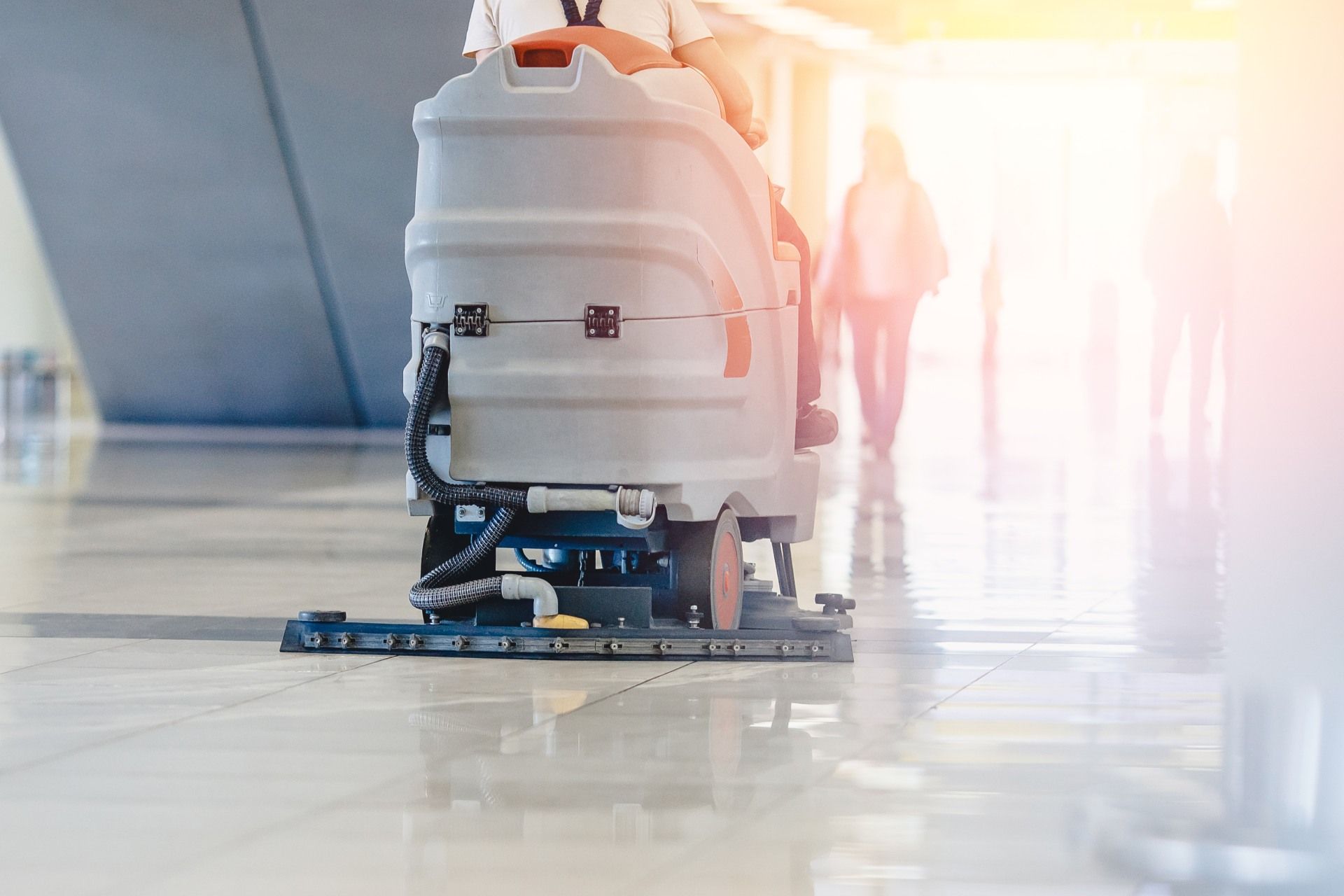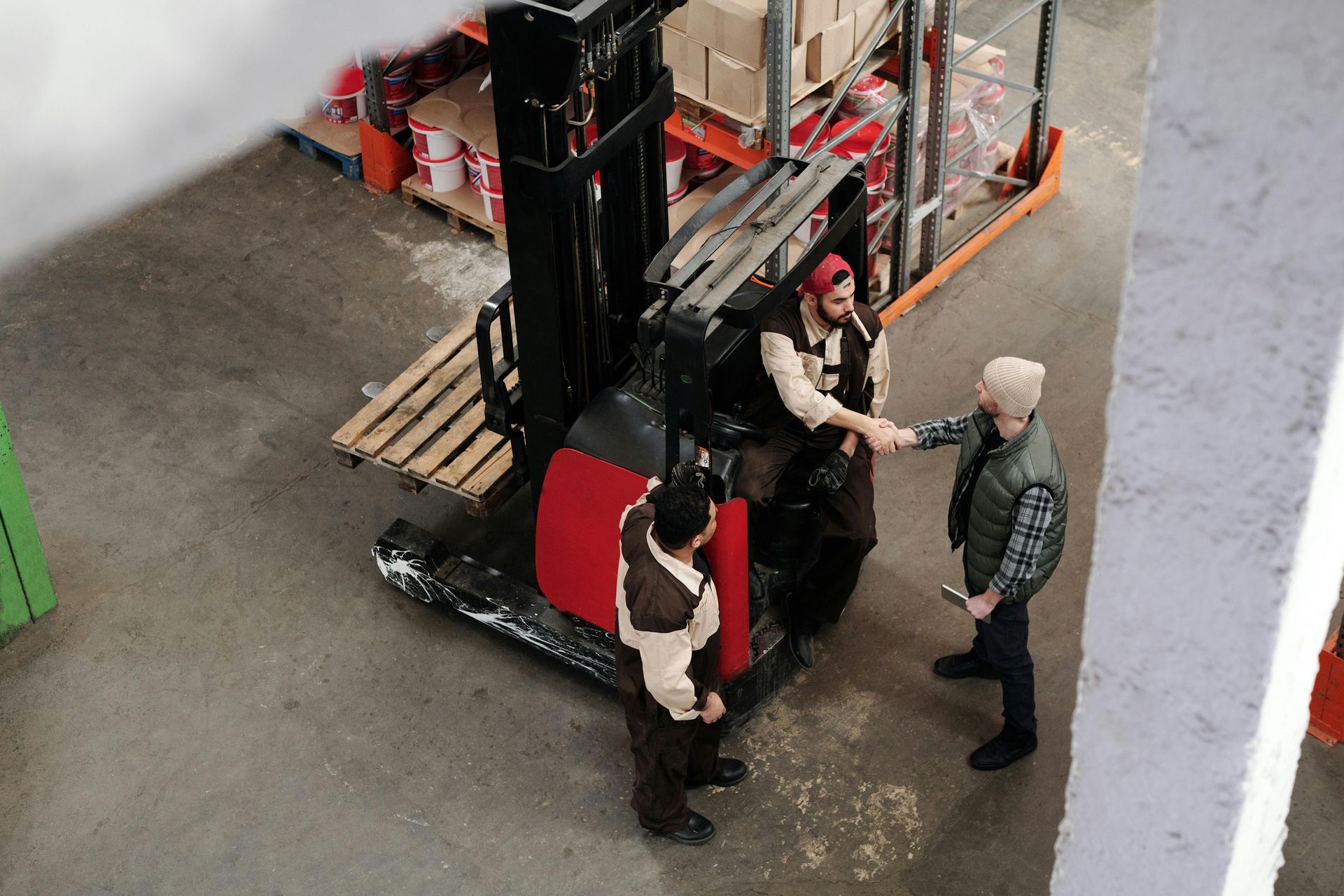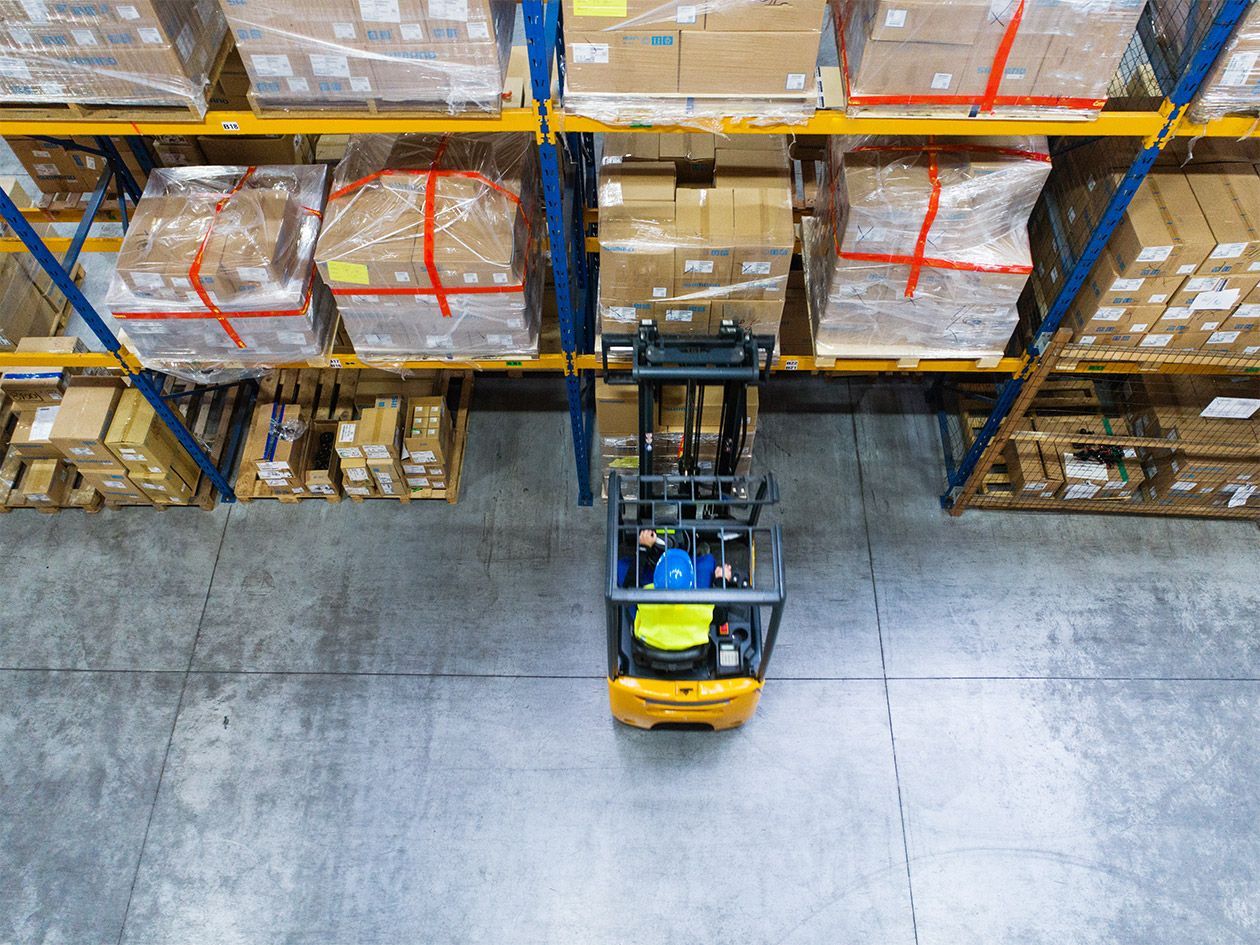How to Prevent Expensive Forklift Repairs
Prevent Expensive Forklift Repairs
Prevent Expensive Forklift Repairs. A new forklift doesn’t come cheap, with costs often running well into six digits. However, that isn’t the only cost for forklift owners. Repairs cost money — both parts and labor — but even that misses a significant part of the equation. Every minute of downtime your equipment experiences is costing you money too. A recent survey from the Rand Group indicated that an hour of downtime can cost an organization up to $100,000. If that number seems high, ask yourself a different question: would ten percent of that — a ten thousand dollar loss due to neglect — somehow be more acceptable? The next logical question to ask is, “How do I prevent that downtime and the losses that go with it?”
It helps to understand the source of expensive forklift repairs. Once you’ve done that, you’re in a better position to head those expenses off, saving time and money. Benco Industrial Equipment can help.
Common Forklift Repairs
There are a few main categories of expensive forklift repairs.
Electrical
Every forklift — whether it’s all-electric, or runs on an LPG or gas engine — relies on its electrical systems extensively. There are a number of possible failure points, from the battery to fuses, terminals, wiring, and ECUs that provide controls and diagnostics.
Cooling Systems
A cracked or leaky radiator can lead to catastrophic failure. Something as simple as a loose cap can lead to issues. Even in a best-case scenario, coolant cleanup from a major leak can pose hazards, and can itself be costly.
Head Assembly
If you’ve recently purchased a new forklift, engine problems are probably the last thing on your mind; after all, your engine will still be under warranty. However, if you have an older machine, or if you purchased used, repair and rebuild costs can be frightfully steep.
Transmission
As with your car, the transmission in your forklift is a vital component. And, like your car, it’s also very expensive to fix or replace should something go wrong, partly due to the cost of parts and partly because of the high cost of labor.
Saving Money on Forklift Repairs
There are two ways to save money on forklift repairs. One we don’t recommend: using aftermarket parts and cheap labor. The other is more reliable, but takes a bit more time and effort on your part: preventing problems in the first place.
Train
Many common forklift problems are the result of operator error. That’s a problem, since your warranty often explicitly excludes coverage for problems caused by human error. Make sure your team is trained on proper use of the equipment, and that they’re not pushing it beyond its capabilities.
Inspect
All equipment should be inspected before use, and monitored during use. Listen for signs of trouble, whether it’s a transmission that slips or an electrical system that isn’t as responsive as usual. Look for signs of wear on key components. Check for loose connections, loose caps, battery corrosion, and the like.
Maintain
Of course, once you’ve trained your crew and gotten them into the habit of inspecting their forklifts, there’s another step to take. You need to maintain your forklifts, whether it’s proper pressure for pneumatic tires, topping off your batteries’ water supply on schedule, or any number of other steps.
We understand that it’s easy to forget or neglect essential maintenance, or not to know what to look for when it comes to inspections. So if you live in the St. Louis area, get in touch with Benco Industrial Equipment for forklift maintenance , emergency forklift repair, or forklift rentals that limit your downtime. We’re always an email or phone call away.
The post How to Prevent Expensive Forklift Repairs appeared first on Benco Industrial Equipment.




